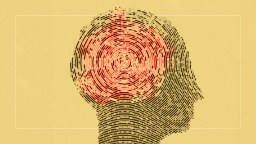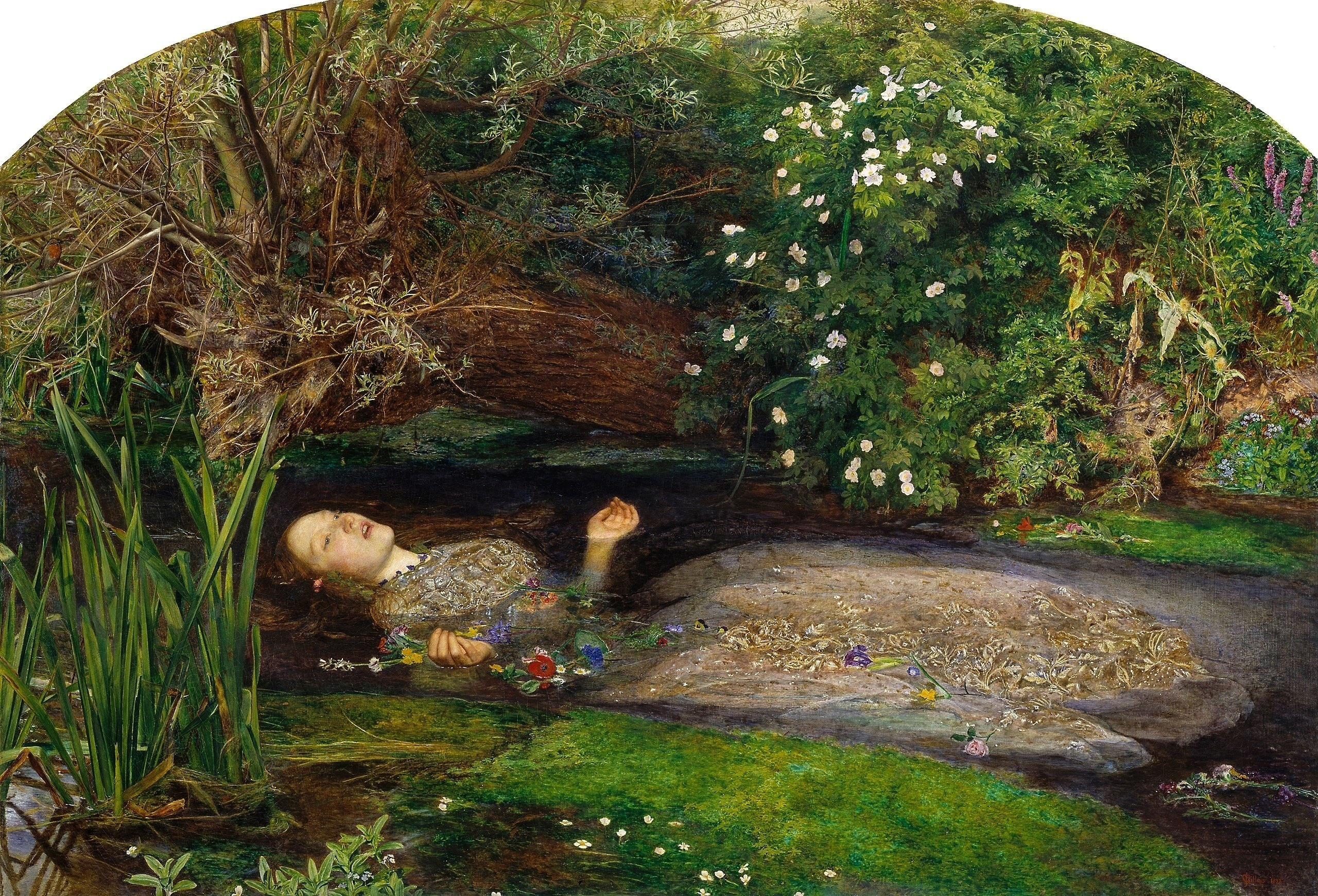As one of the world’s leading experts in neurobiology, Dennis Charney had been studying trauma victims for years before becoming one himself. He was shot at a relatively close range outside a deli by a disgruntled former employee, who was eventually apprehended. But Dennis reckons that he learned more about resiliency in that experience than he ever did on the job, as he was able to see at people at the deli turn from strangers into a fully fledged support unit, willing to fight for the forces of good and right his wrong. It’s a powerful story. Dennis’s latest book is the masterfully written Resilience: The Science of Mastering Life’s Greatest Challenges.
Dennis Charney: I was the victim of a violent crime. In August of 2016 I was coming out of a local deli in Chappaqua, New York, where I live, and I was walking out with a bagel and ice coffee, which was my regular routine, turned toward my car and all of a sudden I heard a loud boom, looked at my shoulder and saw blood gushing out.
It turned out I was hit by a shotgun from an assailant that I didn’t immediately recognize, because I just mainly paid attention to save my life and ran back into the deli where I was helped by local customers and folks who worked at the deli to make sure that the assailant was not going to come into the restaurant to hurt me and maybe other people.
What I initially did was do back of the envelope assessment of whether I was going to live or not. In fact, there was a customer right next to me and he said I’m going to be all right. And I was thinking wait a second, he’s not a doctor. How does he know? But I said to myself, “I’m a doctor.” And so I thought to myself well I didn’t pass out; I still could think okay; I felt that perhaps the pellets, and I ended up being shot with 15 pellets that had missed vital organs because I wasn’t passing out.
So I had some confidence immediately after I was shot that I was going to live. And shortly thereafter the police arrived and arrested the assailant. Then a local ambulance, a volunteer ambulance came and took me to the Westchester Medical Center, which had a trauma center, where I was evaluated and found that I was going to live.
But there were several episodes that were part of that initial event that I will never forget.
One was the heroism of ordinary people who happened to be in the deli that day: some who ran toward the assailant to make sure he was not going to get away and he was not going to come into the deli. Others called the police and the ambulance right away. And then when the police came they showed courage going out to arrest the assailant who had a shotgun. I’ll never forget that day.
And then it turns out when I was taken to the hospital and I was evaluated and I want to get to Mount Sinai where I’m the Dean, as soon as it was safe, as I was about to be transferred my son, who is a doctor, was waiting outside my door with a police officer, Officer Davenport.
We didn’t know who he was, but it turned out he was a local Newcastle police officer who happened to be off-duty heard about the shooting, came to the trauma center in Westchester Medical Center with the idea that he was going to prevent any further violence upon me and my family. And he said to my son, “I just wish I was there to take the bullets.” This is a man that didn’t know me, didn’t know my family, was a hero and he’s somebody that I will never forget.
And then I was taken to Mount Sinai where I was admitted to the intensive care unit and that’s when the process of recovery started.
When I was in the bed at the Westchester Medical Center’s trauma center I started to think, “Who would want to shoot me?”
And I started thinking back and then it occurred to me that maybe there was a disgruntled faculty member that we, Mount Sinai, had terminated about six or seven years before that he had been found guilty of scientific misconduct and that led to the termination. I had no contact with that individual for six/seven years, actually, I barely knew him when he was at Mount Sinai, but I was thinking is it possible that it was him? And it turned out that that was the person who shot me.
I had been studying resilience for the last 25 years. I also study depression and post-traumatic stress disorder and other such conditions to develop new treatments, but about 25 years ago my colleague and I, Steve Southwick, thought maybe we could learn from people who had been traumatized and either didn’t develop problems with anxiety or depression or substance abuse or if they did they recovered—in other words, they were resilient.
So we ended up studying hundreds, maybe even thousands of people who by our definition were resilient, and they came from all different ethnic groups, socioeconomic groups, all different kinds of trauma ranging from war to congenital disease to victims of natural disasters to victims of poverty and physical and sexual abuse.
And through all that research, both subjective and objective type of research, we had to find what it takes to become resilient. In fact, we published a book called Resilience: The Science of Mastering Life’s Greatest Challenges and through that we identified factors, in fact, ten factors that related to becoming a resilient person.
And so here I got shot. I became a trauma victim, and in fact, once you’re a trauma victim you are a trauma victim for life.
And one of the things that occurred to me shortly after I was shot, in fact when I was in the intensive care unit I thought, “Now I have to walk the walk. Now I have to show whether I’m a resilient person.”
And over the course of my recovery starting in the ICU I found that a lot of the factors that we had identified from the resilient people we studied and came to admire, helped me. So in a very personal way, I verified the work that we had done in studying resilience to actually help you recover from a trauma—my trauma.





